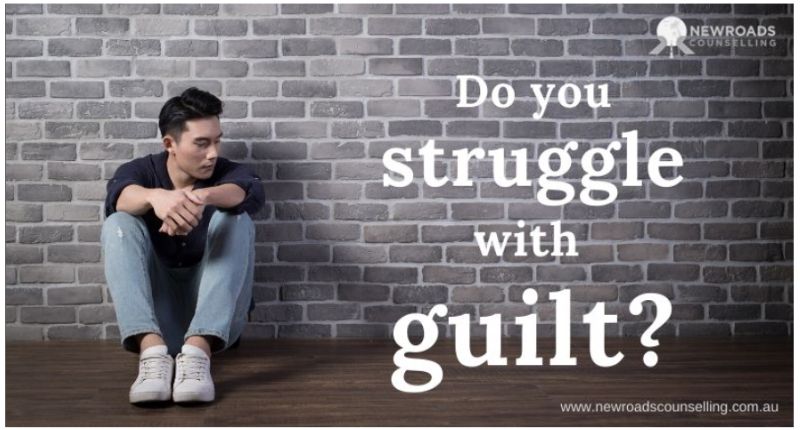Guilt – Do you struggle with guilt? Guilt is often experienced when you have wronged others either intentionally or accidentally. However, some people don’t feel guilty when they have done something wrong, while others carry a lot of guilt even though they haven’t done something wrong, even wallowing in their guilt.
HOW DOES THIS HAPPEN, AND WHAT ARE THE CONSEQUENCES?
Those who don’t feel guilty, although they have done wrong, choose to hold on to their pride, become defensive and blame others or their surroundings. They are supposed to feel guilty – that is the right guilt. Consequently, they become stubborn and blind-sighted to their mistakes and cannot grow personally and relationally.
On the other hand, some take on the guilt that supposedly belongs to others and makes unnecessary or wrong changes in their lives due to carrying the wrong guilt. The consequence of making unnecessary or wrong changes can cost you a lot, e.g. overly pleasing others, being unable to say “NO”, taking too much responsibility for others, burning out, anxiety, depression and many more.
WHAT IS THE DIFFERENCE BETWEEN THE “RIGHT GUILT” AND THE “WRONG GUILT”?
1. THE RIGHT GUILT
The right guilt comes from a self-awareness of what you have said or done that causes some distress, hurt, and suffering to others, whether intentionally or accidentally.
This kind of guilt is a healthy feeling and gives you a sense of responsibility that will enable you to rectify your thoughts, words and behaviour. This guilt is the right guilt that helps you feel remorse, apologise and be a better person.
2. THE WRONG GUILT
The wrong guilt is the guilt that comes from others, who put blame or responsibility on you for what goes wrong. It can also come from taking on board others’ guilt, which often relates to their expectations of you or them ‘guilt-tripping’ you. This guilt is the wrong guilt. Carrying the wrong guilt can ruin your life and change your beliefs and views of yourself and others, impacting your life decisions and relationships.
HOW TO DEAL WITH GUILT
Assess your guilt first! – is your guilt feeling the right guilt or the wrong guilt?
IF IT IS THE RIGHT GUILT, then:
- Apologise – you need to apologise to the person, not just to bring healing for them but also to yourself. Apologising helps you resolve the issue between you and the other person. In addition, apologising brings forgiveness from the person you have hurt.
- Amend your life – ask yourself, “What have I learned from this mistake?” then make some changes and don’t repeat the same mistake.
- Forgive yourself – sometimes, after apologising, you might still carry the guilt, or you find it hard to let your guilty feelings go. It would be best to learn how to forgive yourself and move on.
IF IT IS THE WRONG GUILT, then:
- Rectify your belief – wallowing in the wrong guilt won’t make you feel better or become a better person, but rather hinder you from improving your life and often being unable to correct others in their wrongdoing.
- Set boundaries – you need to close your emotional door to the wrong guilt when you haven’t committed any crime. It is difficult to do, especially for people who have carried false guilt for a long time, and you will need some practice to master it.
- Don’t be too hard on yourself – learn to love yourself, and stop holding yourself responsible for others. Be kind to yourself. It’s ok if you cannot get it right immediately, and expect that sometimes you may fall into the old habit.
- Do some simple and practical exercises – if you are still unable to let go of the wrong guilt, write down on a piece of paper why you feel guilty and then destroy it, e.g. flushing it in the toilet or tearing it and putting it in the bin.
Sometimes your guilt is so ingrained in your life that you need professional help to help you walk through your issues, particularly if it stems from your childhood/upbringing.
You can contact us if you have any questions.

